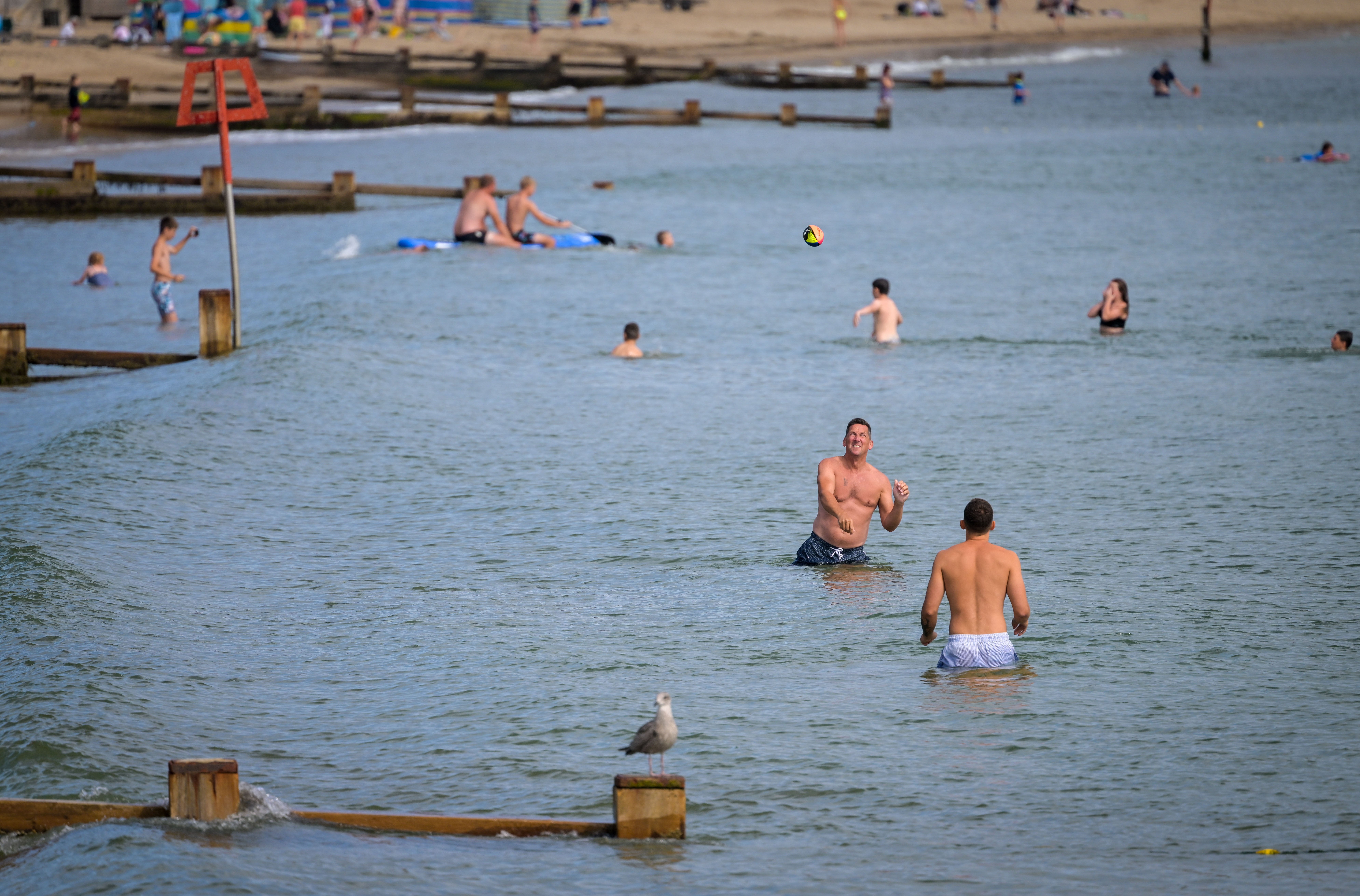Hundreds of coastal overflow sites ‘not included’ in UK government sewage plan
Analysis by the Marine Conservation Society found that around 600 coastal sites won’t have to reduce the number of times they spill sewage into the sea under draft government plans

Government plans to reduce sewage spills in English waters fail to include hundreds of storm overflows into estuaries and the sea, according to new analysis.
In the government’s draft storm overflow discharge reduction plan the only coastal overflows that must cut spills are those near designated bathing sites, but it’s not clear what distance is classified as “near” one, according to the Marine Conservation Society.
Its analysis found that around 600 coastal sites therefore won’t have to reduce the number of times they spill sewage into the sea, some of which could be near Marine Protected Areas.
Meanwhile, for inland waters and designated bathing waters water companies must not discharge sewage more than an average of 10 rainfall events per year by 2050, according to the draft targets. A rainfall event is up to 12 hours of rain.
“Defra can’t provide a list to us of the storm overflows which aren’t going to included [in the targets] - which is ridiculous in itself - so these overflows could be discharging into marine protected areas, shellfish waters or other beaches which are not designated as bathing waters,” said Rachel Wyatt, water quality policy and advocacy manager at the Marine Conservation Society.
The “uncontrolled” dumping of sewage will have a direct impact on England’s estuaries and seas which are “already known to be failing to meet key water quality targets,” said Ms Wyatt. “And there’s nothing to stop water companies from diverting more sewage to these overflows to meet upstream targets.”
The target of 2050 for inland waters and bathing sites is also “nowhere near soon enough,” she added. “Our environment can not wait another 28 years for this impact to stop.”
In 2021, untreated sewage was spilt 66,286 times, for a total of 440,508 hours, within one km of marine protected areas, which are home to some of the most important habitats and marine life in the country, according to the Marine Conservation Society.
Sewage contains bacteria, viruses, harmful chemicals and microplastics which can impact marine life. Microplastics, for example, if ingested by marine life can damage animals’ digestive systems, and even stop them from feeding, resulting in impacts on their growth, development, reproduction and lifespan, it said.
The government consulted on its storm overflow discharge reduction plan earlier this year and is due to publish its final stratgey next month.
Amid the recent scrutiny of the UK’s wastewater disposal, Water Minister Steve Double has said the government has been “clear” that water companies’ reliance on overflows is “unacceptable” and that they must significantly reduce how much sewage they discharge as a priority.”
The Marine Conservation Society’s analysis comes as three French MEPs said the UK was putting the environment, fishermen’s livelihoods and public health at risk by pumping sewage into the sea.
In a joint statement, the European politicians accused Britain of neglecting its environmental commitments made during the Brexit process. A government spokesperson said it was “simply not true” that the UK had “exempted ourselves” of strict targets on water quality.
Meanwhile, The Independent revealed this week that all wastewater companies in England and Wales have failed to meet their targets to tackle pollution of sewage floods.
Public warnings were also issued in the UK about pollution at more than 50 beaches after wastewater firms discharged sewage into the sea and new figures revealed that sewage has been dumped into England and Wales’ natural environment more than a million times in the past five years.
A Defra spokesperson said: “We will be setting out proposals imminently that will provide a comprehensive plan to tackle the issue of combined sewage overflows . We have been clear to water companies that action is long overdue.”
Join our commenting forum
Join thought-provoking conversations, follow other Independent readers and see their replies
Comments


Bookmark popover
Removed from bookmarks